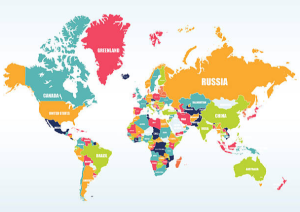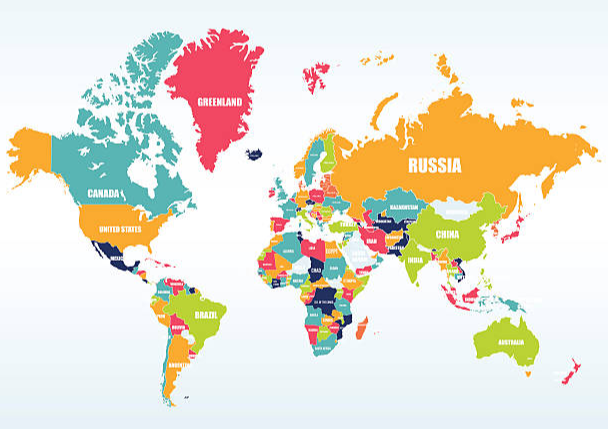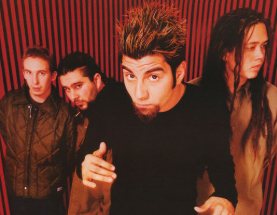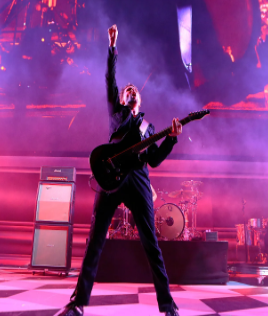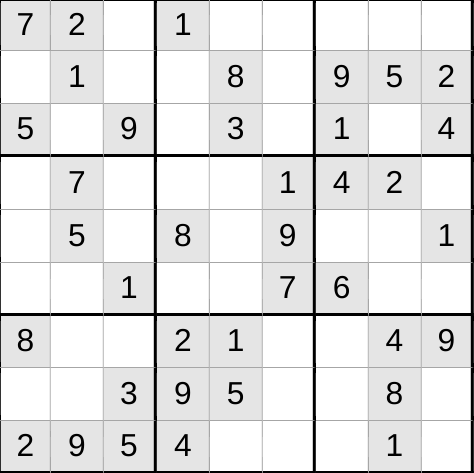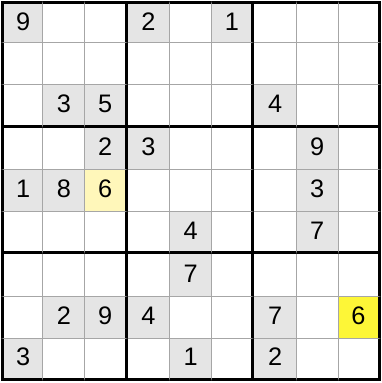Military Activities:
China conducted unprecedented live-fire naval drills in the Tasman Sea between Australia and New Zealand, claiming they were in accordance with international law. The exercises involved advanced naval vessels, including a Type 055 destroyer. Australian and New Zealand officials expressed concerns over insufficient prior warning, which disrupted commercial flight paths.
Political Developments:
Anneliese Dodds resigned from her position as the UK’s Minister for International Development and for Women and Equalities. Her resignation came in response to Prime Minister Sir Keir Starmer’s decision to reduce international aid spending from 0.5% to 0.3% of GDP (Gross Domestic Product), aiming to increase military spending by £6 billion annually.
Sports Initiatives:
A renowned snooker player Ronnie O’Sullivan opened a snooker academy in Riyadh, Saudi Arabia. The facility aims to discover and nurture local talent, offering free lessons to juniors, and is filled with O’Sullivan’s memorabilia to inspire aspiring players.
The sport is similar to pool, in that it is played on the same billiards as pool, but snooker has different rules and slightly different equipment. Snooker is played on a large rectangular table with six pockets, using a cue to strike the white cue ball to pot 21 colored balls in a specific sequence. Players must first pocket a red ball (worth 1 point) followed by a color (worth 2–7 points), with colors red-spotted until all reds are gone. After that, the remaining colors must be pocketed in order of increasing value. The player with the highest score at the end wins the frame.
Middle East Tensions Escalate:
The ongoing Middle East crisis has intensified, drawing international concern. Israeli Prime Minister Benjamin Netanyahu, addressing new military chief Lt Gen Eyal Zamir, asserted Israel’s determination to achieve victory in the ongoing war against Hamas. Meanwhile, Arab leaders have endorsed a plan to rebuild Gaza under the Palestinian Authority, opposing U.S. President Donald Trump’s controversial proposal to take over the territory.
International and regional tensions remain high, with various entities, including Amnesty International and the UN, calling for investigations into alleged war crimes by Israel. Additionally, the U.S. has reinstated the terrorist designation for Yemen’s Iran-backed Houthi group, further complicating the geopolitical landscape.
2026 World Cup Preparations:
The traditional prelude to the 2026 World Cup is overshadowed by a trade war among the host countries—the USA, Canada, and Mexico. Initiated by President Donald Trump’s tariff impositions, the tensions have led to retaliatory measures, fueling reciprocal economic conflict and straining diplomatic relations.
These hostilities threaten the unity and cooperative spirit traditionally accompanying World Cups, with concerns about logistics, fan travel, and overall tournament security coordination. Despite FIFA’s efforts to assert political neutrality, President Gianni Infantino’s compliance with the Trump administration limits his ability to mediate relations. With the USA hosting a majority of the matches, including crucial quarterfinals onwards, there’s increasing concern regarding the tournament’s execution amidst trade and diplomatic discord.
If these hostilities persist, this World Cup risks being marred by economic contention, diverging starkly from past instances where cross-border cooperation underscored shared international values and reconciliatory efforts.

